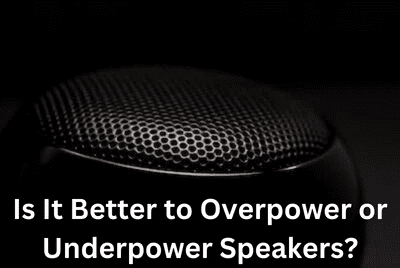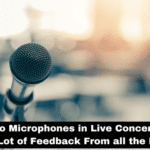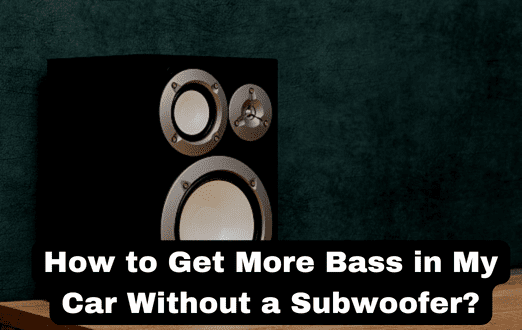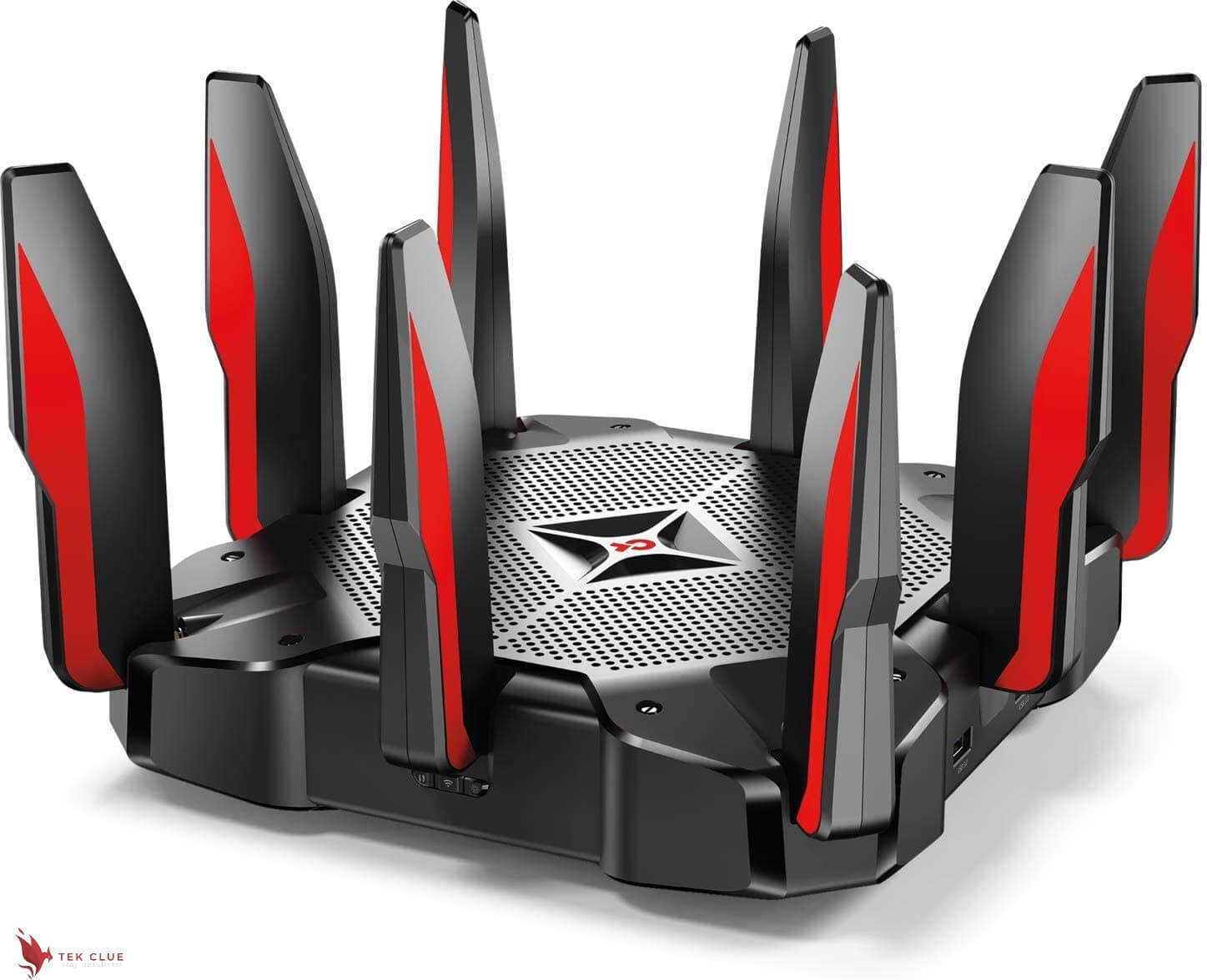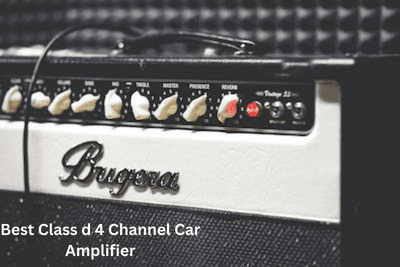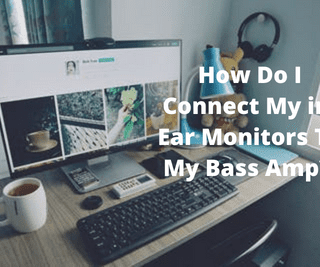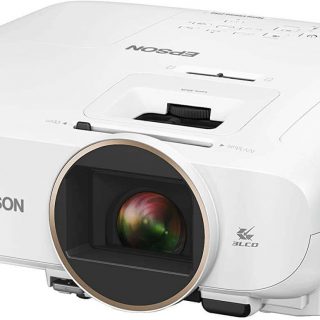Today we are going to talk about something that confuses people greatly and that is the power handling of a loudspeaker versus an amplifier. I think of it as another way to put your question-the one you are here seeking answers for.
Also Check Out: Should Amp Wattage Be Higher Than Speaker?
White noise
The number one thing that is very important to realize is that even if you follow a standard for the power rating of a speaker, usually the test signal used is a wide band, and it is fairly continuous. What I mean by that is that it handles pretty evenly a wide range of frequencies that the speaker might cover sometimes; it’s what’s called pink noise or white noise or some modifications of those things.
Consider an overpowering scenario
Often those power tests don’t include the kind of dynamics, and the kind of frequency response bumps that you might encounter in music or sound effects in movies. So let’s say for instance, that you put on a track that’s got a really heavy and low thumping bass note. So you are overdriving the amp, producing a bunch of distortion and other nasty things into the loudspeaker, and dumping more power than the actual rating of the amplifier seems to be into the speaker. If it is a really good amplifier, it may have dynamic power capability that is way above 100 watts for a short amount of time when those bass thumps are happening in the music. So you know, just because you are following some numbers, specifications will lie to you, and this is a perfect case; you cannot simply go well.
Also Check Out: Does Upgrading Factory Speakers Make a Difference?
Turn the volume down.
Now, what you should follow is just a common sense thing. If you hear your speakers making any sort of strange noises like every one of those bass thumps, there is a little click or a tick or a crack sound or something like that, and it sounds like something mechanical is going on that doesn’t seem to be part of the music, turn the volume control down. You are probably going to damage your speakers if you keep that up. Another thing that coincides with amplifier clipping is the speaker.
If the music starts to sound harsh and shrill and it hurts your ears often, that means you have hit the limits of something, whether it is your amplifier or your speaker, and it is telling you to turn it down. So that is one thing that you can use; use your ears and use your common sense.
The smell is another indication.
Now there is one other thing. If you massively overdrive the speakers, you may start to smell something when voice coils heat up, typically the resin that’s used to bond the magnet wire that makes up the voice coils. There is a distinct electrical smell; it is not a burning smell, but it is like- I don’t know how to describe it hot electronics; if you have ever been, you know, around something that’s got too hot. So absolutely, if you start smelling something that sounds like something electronic, some foreign thing in your listening room, boy oh boy, if you have got the tunes cranking, turn it down, or you are gonna break something. So hopefully, that dispels one of the common myths and clears your query.
Related Article:
How Can I Make My Door Speakers Sound Better?
Do Door Speakers Sound Better in a Box?
How Many Channel Amps Do I Need for 4 Speakers?

